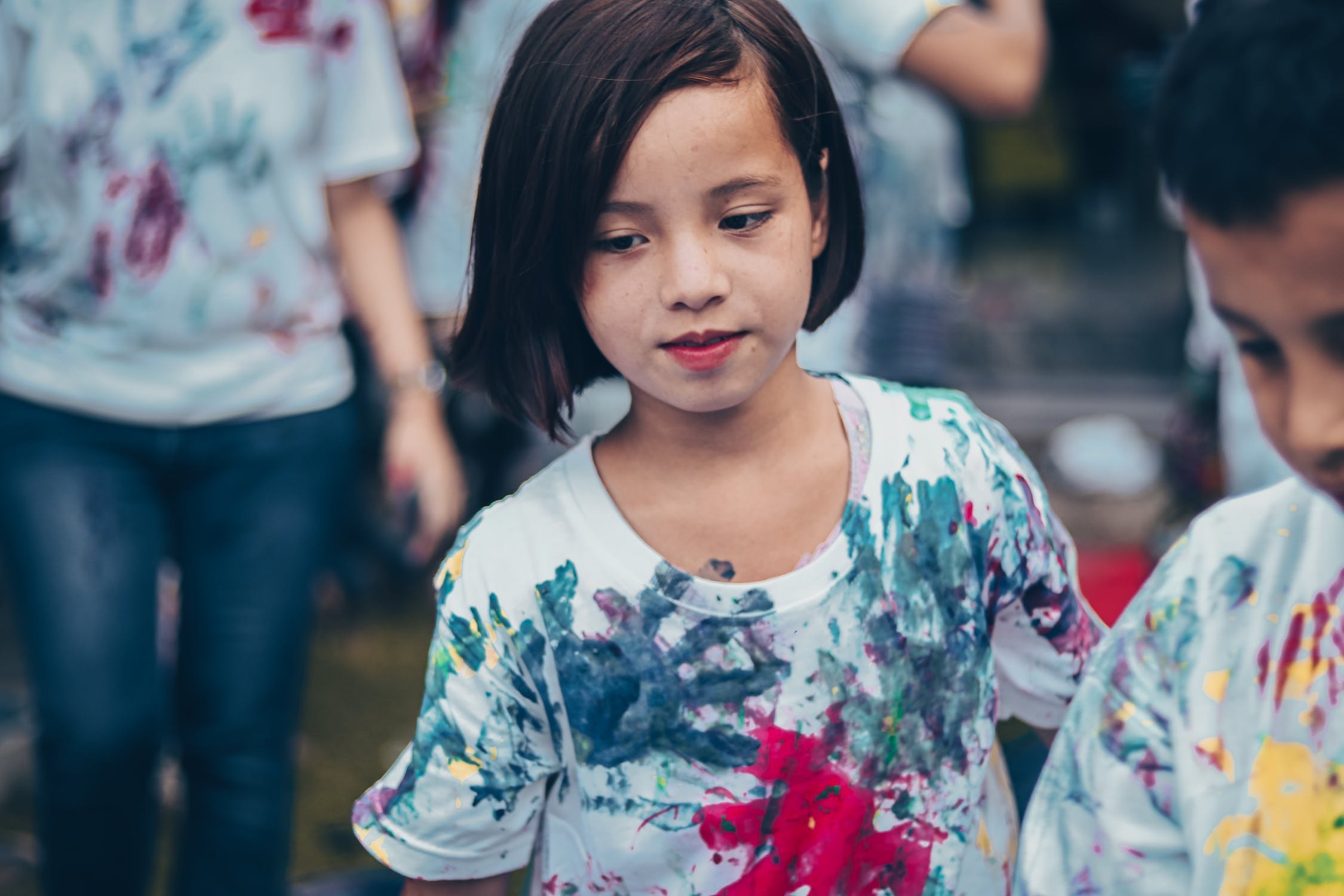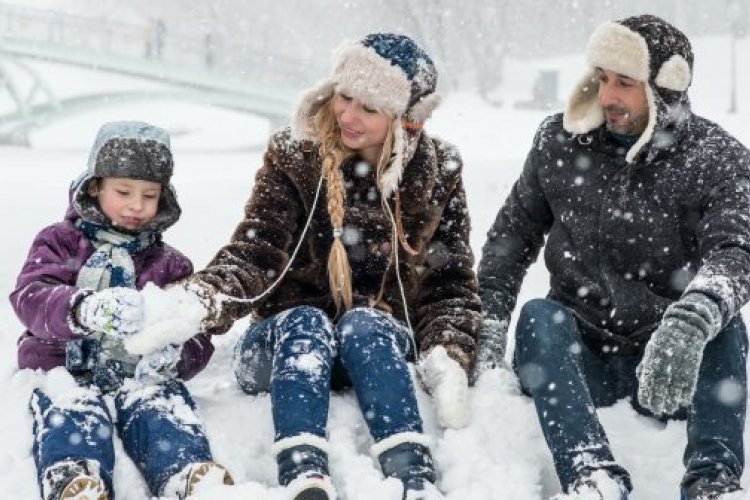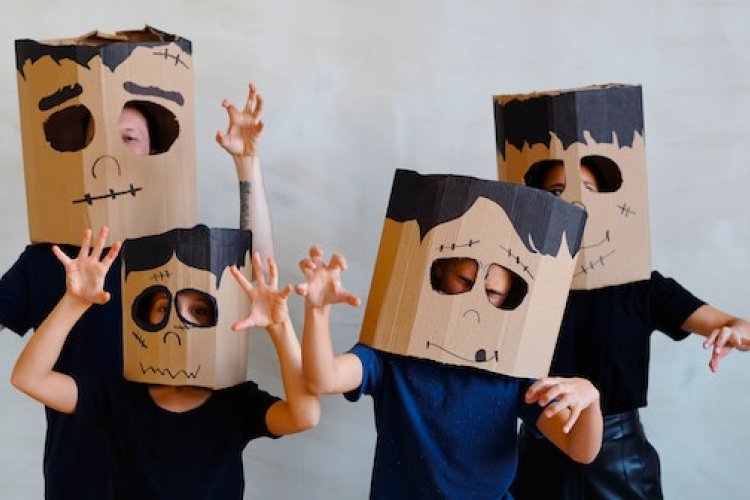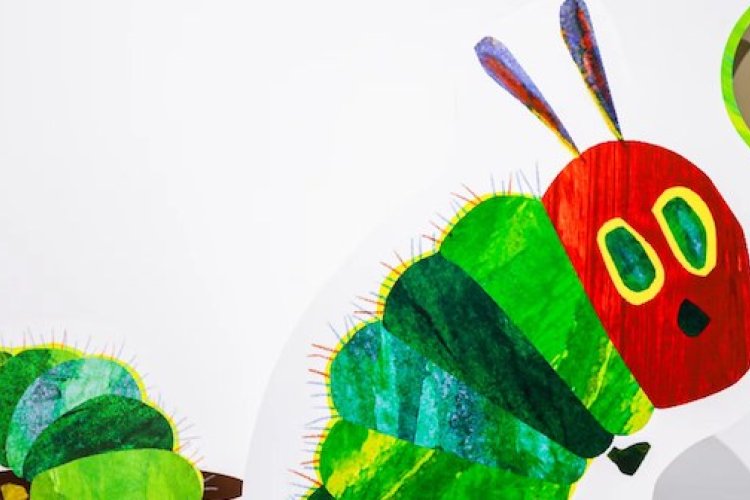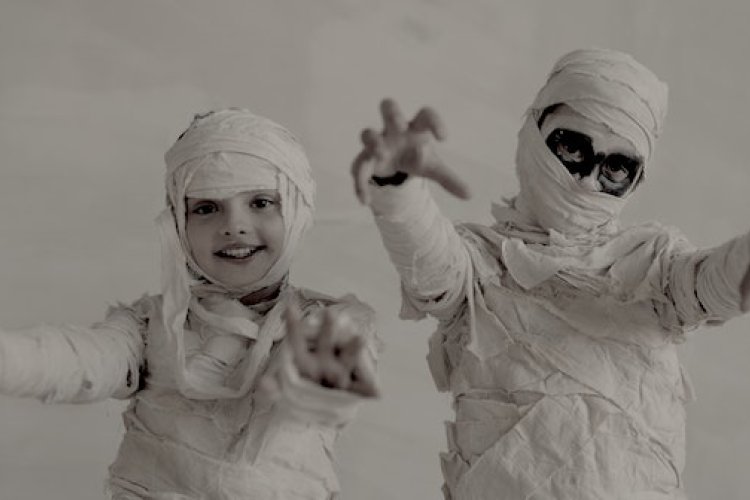Food and Fun to Benefit Autism Awareness Apr 2 in Shuangjing
Falling annually on Apr 2, World Autism Awareness Day seeks to inform and help people better understand what autism is and how it affects people. Here in Beijing, the Special Education Network and Inclusion Association (SENIA) is hoping to generate understanding of the disability in the capital with a special Autism Awareness event in Shuangjing.
Since the relaxing of Covid restrictions, the volunteer operated SENIA board has embarked on a mission to increase community awareness and advocacy to meet the needs of individuals with autism. According to Stephenie Lee, SENIA board member, this Autism Awareness event represents what is, they hope, “the first of many events that can provide the public with a free and engaging opportunity to learn about those with disabilities.”

We recently spoke with Stephenie to find out more about the event, SENIA, and autism in China.
Hi Stephanie! Can you tell us more about SENIA? What work does the organization do to help children and families dealing with autism in China and Beijing?
The Special Education Network and Inclusion Association (SENIA) is a network of parents, providers, counsellors, and educators who advocate for and provide resources and support for differently abled individuals. SENIA envisions an inclusive world where every individual is supported, resources are accessible, potential is maximized and action is inspired.
To that end, SENIA also hosts an annual conference in Beijing which provides professionals, like counselors, therapists, interventionists, learning support, and parents to share best practices, connect with each other, and further increase awareness and advocate for those with different abilities, including those with Autism. Tune in for the SENIA- Beijing annual conference in the Fall!
What sort of understanding is there of autism in China? Has there been any strides towards increasing understanding?
There has been increasing awareness of autism in China. The direct translation for autism in Chinese is 孤独症 gūdúzhèng or 自闭症 zìbìzhèng, aka "lonliness disease", which has resulted in some misunderstandings in popular culture regarding individuals with autism.
There is an expectation that there is a high degree of similarities between those with autism— severe speech delays, limited eye contact, no willingness to interact with others, and experiencing emotional meltdowns. To many people, individuals with autism are “weird” people that we try to keep our distance from and who we occasionally pity if they don’t directly impact our own lives.
In reality, however, the diagnostic criteria for autism actually covers a “spectrum” of sensory and social characteristics, with varying degrees of severity. In fact, there are successful business leaders and members of the workforce who identify with being on the spectrum. And, in inclusive environments, it is clear that many individuals with autism have a unique perspective and really want to connect with others. In response to the success of inclusive interactions, there is a growing appreciation globally for embracing neurodiversity as a cornerstone to stronger social emotional skills and empathy within a community.

What can those who don’t have much of an understanding of autism learn during this event? Will there be resources for further learning and support available?
The event has been designed to provide individuals with autism and neurotypical individuals with an opportunity to explore our sensory systems and think about the complexity of social situations in a different way.
At various sensory stations, visitors are encouraged to explore stimulations to their senses. At the tactile station, visitors are invited to explore materials with different textures and co-create an art piece with other individuals. At the balance and coordination station, visitors will be challenged to complete different poses and movements on different surfaces, like a bosu ball or a balance board to see what it may feel like when our sense of balance and coordination is altered.
We are also inviting participants to join us in exploring social scenarios, discovering literature that sheds light on autism, and learning the Boundaries Song together in order to delve into the complexities of social interactions which can feel overwhelming and difficult for individuals with autism. We are extremely grateful to some of our corporate sponsors, like B. Activ, and student volunteers from high schools, like Dulwich Beijing and WAB, who have worked with us to design these interactive and inclusive activities.
Furthermore, organizations from our community who provide support and resources for individuals with autism, such as hospitals, clinics, nutritional supplement providers, and learning centers, have been very gracious in supporting our event. Our raffle will include prizes specifically for individuals and families with autism, and those for the general public. Information about these organizations can also be found at the sponsorship table by the registration table!
Sounds like it's going to be a good way to have fun and learn. What else is in store during the event?
Beyond the educational activities that have been planned, we have also invited performers ready to charm us with music, including JunHui, a saxophonist with autism, and Acalab, a Beijing-based community of hundreds of singers passionate about getting people singing. Be sure to swing by our food stalls, provided by local vendors, including Plan B, Sip and Dip, Miss Green, and Yeyo Yogurt. There will be plenty of food and beverages for all types of palettes.
Wrapping everything up, where will proceeds for this event go?
Proceeds for the event will be going to 蜗牛我行 (wō niú wǒ xíng). 蜗牛我行 , was founded on the philosophy that "benefiting others benefits oneself," and is a leader in the movement to establish a "social responsibility ecosystem" in China. It aims to engage more people in public welfare activities to provide assistance to socially vulnerable groups. To date, it has touched the lives of over two thousand households through its inclusive education programming, engaged with dozens of primary and secondary schools, collaborated with over ten autism organizations and NGOs, and served more than ten corporate clients.
蜗牛我行 focuses on six major areas: integrated education, rural revitalization, low-carbon environmental protection, assistance to vulnerable groups, career exploration, and cultural dissemination. Since the organization’s inception, it has been a proponent of inclusion practices, implementing programs that are geared towards supporting children with autism through meaningful, sustained interactions with neurotypical children.
It has launched the "You" program, which includes inclusive ukulele-making activities where proceeds from ukulele sales continue to benefit the community, neurodiverse student pairings for skill sharing online, and a football team for neurodiverse players. Through these activities, it promotes diversity and inclusion, and enhances the public’s understanding of inclusive education.

SENIA’s Autism Awarness Day is happening on Sunday, Apr 2 from 2pm-6pm in the Plan B Backyard in Shuangjing. Entry is free but a donation is encouraged with registration, which can be done via the QR code in the poster.
READ: International Comedy is Back in Beijing With NYC's Dr Dee This Weekend
Images courtesy of SENIA

